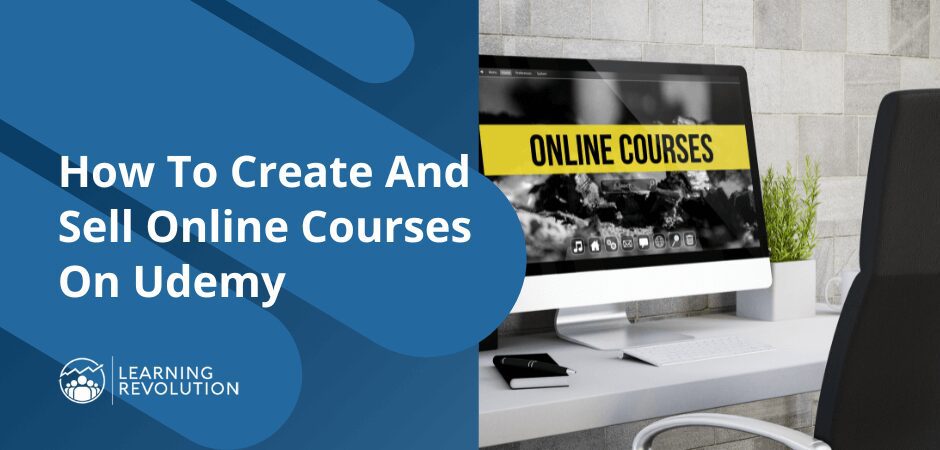

If you have read much of what I’ve written on online course platforms, you know I am mostly not a fan of the approach offered by platforms like Udemy and alternatives to Udemy – what I call the “market maker” business model.
The gist of this model is that one company – basically, a “landlord” – creates a market place in which individual course producers or other companies – basically, “tenants” – can sell their courses, usually in exchange for paying the landlord a share of the revenue.
Now, if you happen to be the landlord – as Udemy is – this model is fantastic. You create a highly-scalable content engine that generates a continuous revenue stream. If you are the tenant, on the other hand, this model usually limits your options in a number of ways, including:
- You generally don’t get access to customer data (like e-mail addresses) for your courses. Really, they aren’t your customers, they are the landlord’s.
- You often have very limited control over pricing. Even if the landlord does not set restrictions, the marketplace itself tends to settle into a limited price range.
- You generally have limited control over your teaching model. You have to stick with whatever the model is within that marketplace.
Perhaps worst of all, in my opinion, these sites can give course entrepreneurs a false sense of security. They can lull you into thinking the marketing work – which is at least half the battle – is done. It’s not. Not by a long shot.
None of this suggests an optimal set-up for growing a thriving, high-margin course business. But are there times when it is worth considering?
Definitely.
If you have course content pretty well ready to go, have no current audience (or current engaged audience), and don’t feel ready to make a thoughtful platform decision, the marketplace platforms provide a relatively easy way to just take action. And simply taking action is usually the first step toward entrepreneurial success.
If you view courses as more of a sideline business – perhaps an add-on to your consulting or speaking – and simply don’t want to devote a lot of time and attention to it, a marketplace platform may be your best bet.
Similarly, if you view some or all of your courses as part of your content marketing efforts – whether to build brand or capture leads – then having some presence in a major marketplace platform can be a good idea. (If you are going for lead capture, though, make sure you have thought through good ways – like, for example, a high value course supplement download – to entice learners to sign up for your e-mail list.)
In niche or specialized markets, marketplace platforms may provide a good way to find and connect with your audience. Some platforms focus in on specific topical areas. OfCourse, for example – one of the platforms I cover in my 10 True Alternatives to Udemy for Selling Courses post – focuses specifically on lifestyle (as opposed to professional or technical) courses. If you create mainly lifestyle content (health, fitness, hobbies), it may be worth a look.
Similarly, if you are looking to break into international markets, a marketplace platform can help you get a foothold. OfCourse is also an example here: it is based in the United Kingdom and has good reach into India and the Middle East. If you are, for example, an American course entrepreneur who wants to reach these markets, you may get more traction with a platform like OfCourse than you would with Udemy.
As some of the points above suggest, you should keep in mind that a marketplace platform does not have to be – and usually shouldn’t be – your only channel for selling courses. Whether it should be a channel at all will depend on how the points raised here apply to you.
So, how are you using or planning to use marketplace platforms? Comment and let me know.
Jeff


